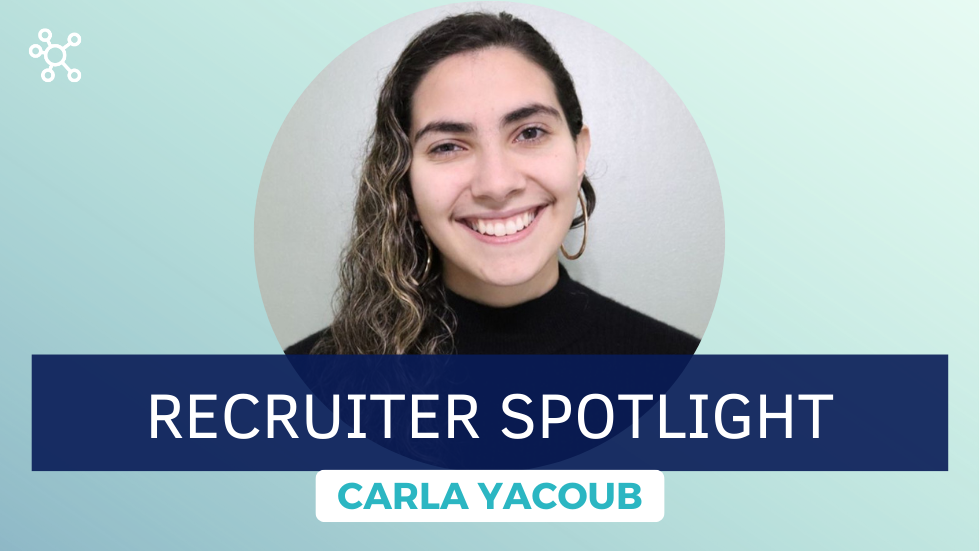Author: Claire Jarvis
How can you avoid candidate ghosting? First we need to define ghosting. The term “ghosting” – when one person drops all contact without warning and no longer replies to your messages – is something you may have heard about in the context of romantic relationships or friendships, but it is becoming a professional phenomenon too.
A recent survey of jobseekers found that 84% of candidates admit to ghosting an employer or potential employer during the past 18 months. As a recruiter, it is frustrating when a candidate stops responding to your calls and does not tell you why. Aside from accepting it’s not a personal reflection on you, here are some ways to reduce the likelihood of candidate ghosting.
Why Candidates Ghost
Unfortunately, the reality of the current workforce and hiring trends means that ghosting is easier – and more tempting than ever.
With the biotech sector still growing fast and struggling to fill their positions – and the rising cost of living prompting many STEM workers to seek better opportunities – recruiters need job candidates slightly more than candidates need them. As a result, jobseekers often move faster than recruiters when applying for jobs and accepting or rejecting offers. They are also frequently working with multiple recruiters or applying to jobs directly. This leads to a situation where candidates are more likely to ghost one recruiter because they’ve accepted another job offer, or they are balancing too many job applications and decide to let some opportunities go.
In the survey mentioned above, 29% of job candidates said the reason they ghosted an employer was because the salary offered was too low. The second most common reason given was the candidate received a better job offer (28%).
How Recruiters Can Avoid Candidate Ghosting
The best way to avoid jobseeker ghosting is to remain approachable and proactive. Keep candidates apprised of delays with their applications (e.g. if the hiring manager is away on vacation until next week), and check in with the candidates regularly. These check-ins should continue even after a job offer is made: if the candidate isn’t receiving updates from their new employer, it may make them nervous and more likely to continue their job search. It is uncommon for a candidate to ghost the company after making a job offer…but it’s not unheard of.
When filling biotech roles, make sure you know what the candidate’s preferred salary range is early in the process, and whether the position you’re trying to fill meets their expectations.
Assume that the candidate is pursuing multiple opportunities simultaneously, and act accordingly. Try to accommodate the candidate’s other applications – if they expect to attend a final stage interview next week, make sure they do not have to wait long to find out the status of the interviews you’ve facilitated.
Lastly, emphasize that you’re supportive of the candidate pursuing other opportunities and accepting competing offers. Some candidates ghost recruiters because they fear an awkward conversation when they admit they’ve accepted another offer. If you want your candidates to tell you when they’ve stopped their job search, it’s best to be understanding.
Looking to fill biotech positions? Sci.bio’s flexible recruiting and sourcing solutions are designed to meet your company’s needs. Get in touch with us today!






